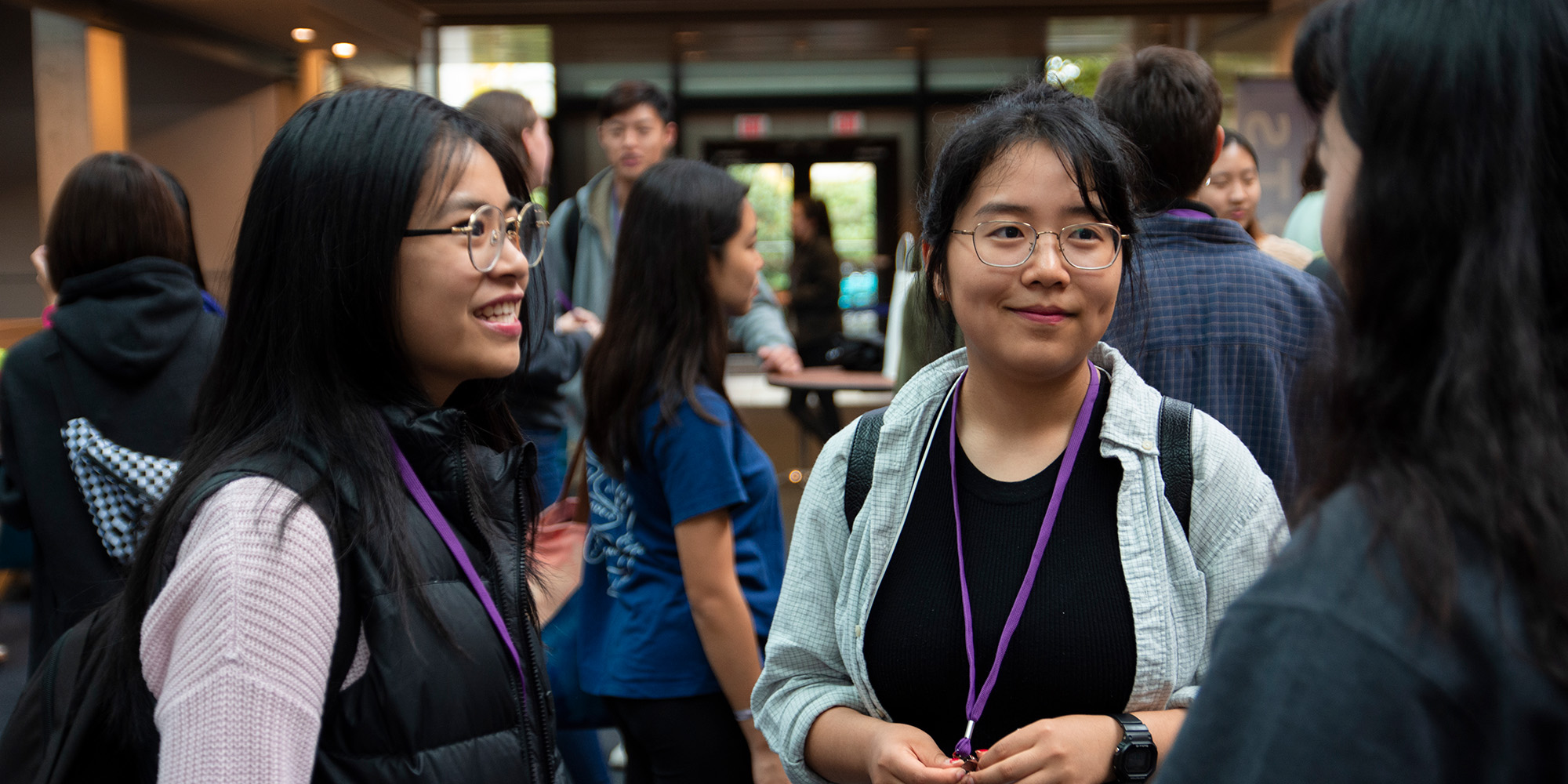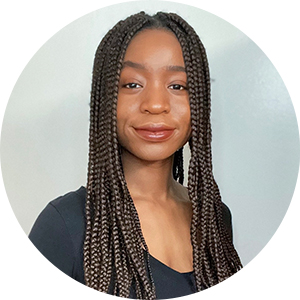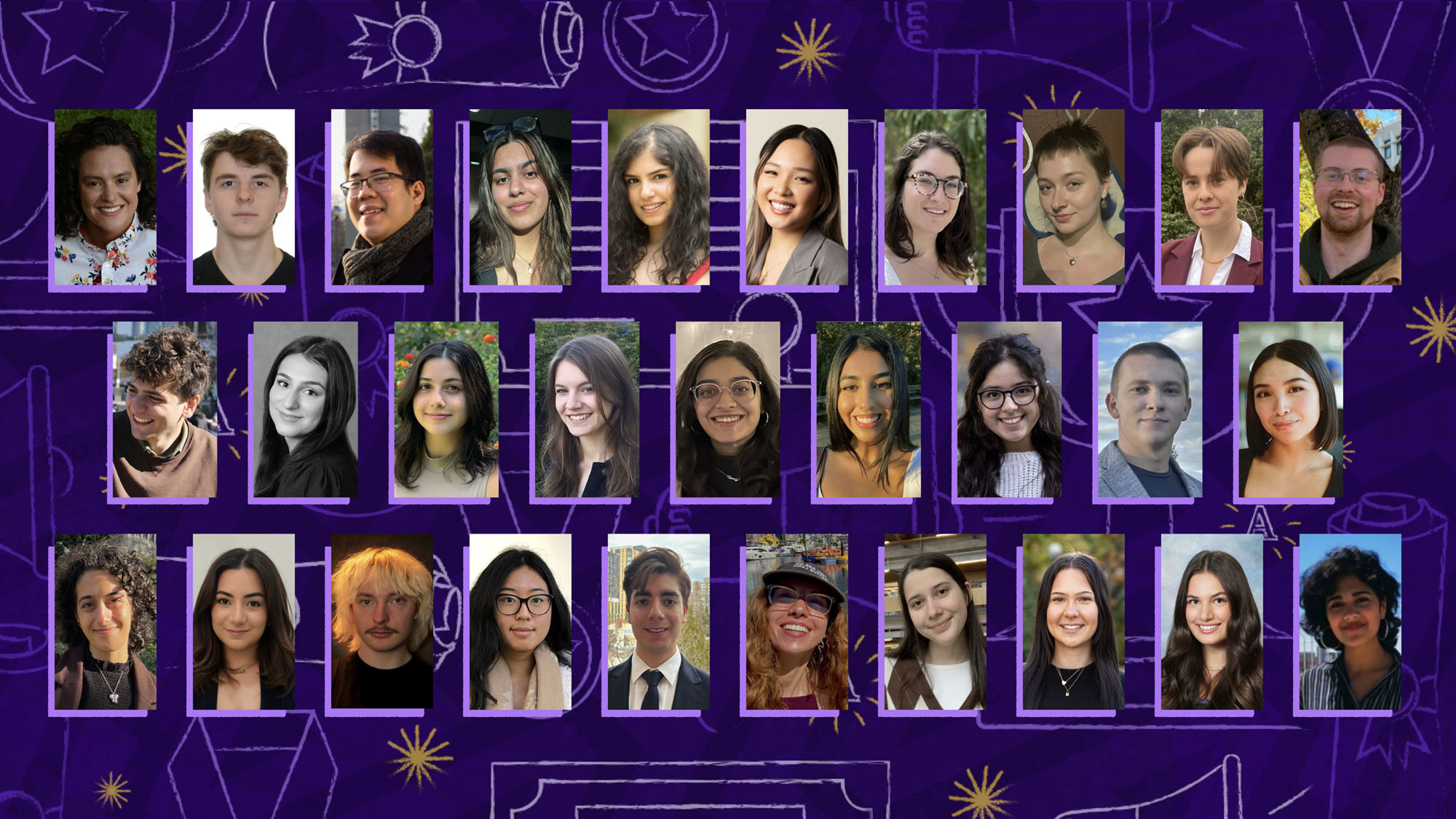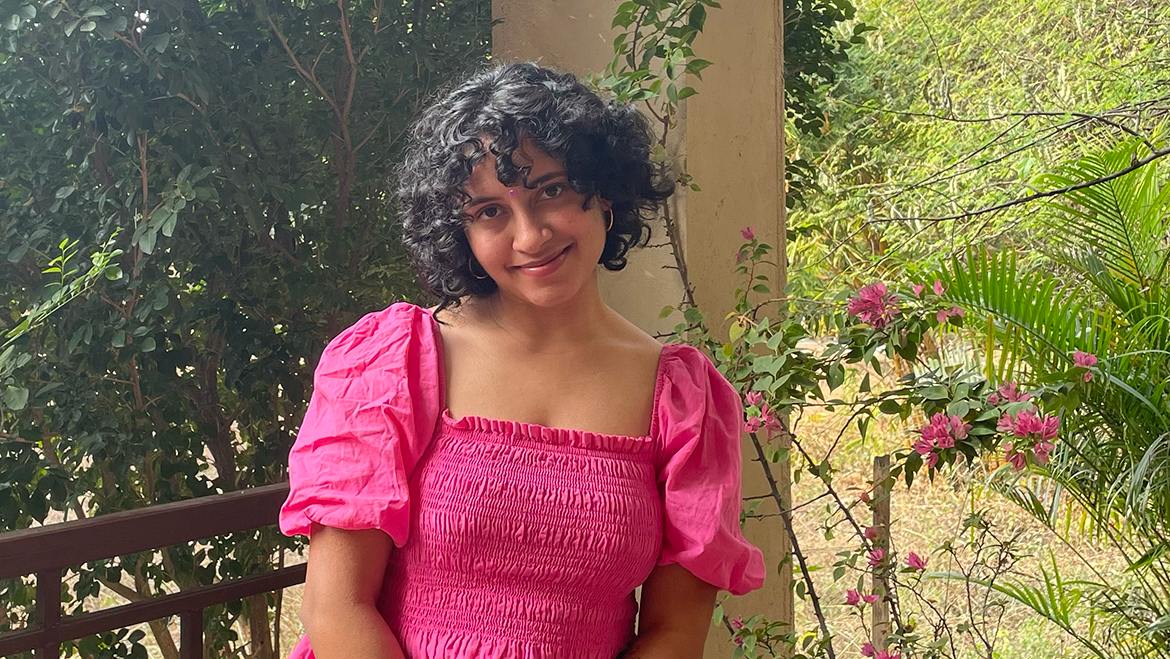

As Arts students, we’re often encouraged to network, but it is difficult to actually get started. Networking seems like another chore to check off our university to-do list, and sometimes feels like it’s taking advantage of others. But once I actually began my networking journey a few months ago, it completely changed the way I think about networking.
One networking event I attended was a Design Your Future career exploration workshop hosted by the Compass: Arts Student Engagement Hub. At the event, I discovered a video by the Stanford Design Lab which perfectly summarizes what I have learned about networking over the past few months. Networking is a valuable resource in your job search and career building process, so here are my four main takeaways to help you get started.
You don’t “do” networking, you become part of a network.
Successful networking means forming meaningful relationships with others. It’s a chance to learn about others’ work, research, education or explore common interests. It helps to stay in touch too so you can reach out whenever you have questions, need support, or simply want to chat. A network is not limited to two people either. It’s a community in which one connection can lead to another, and these connections could help you discover jobs and other opportunities, whether directly or indirectly.
Networking benefits everyone involved.
Alumni enjoy helping students find opportunities, and you might also be just the right person they need for a job. At all of the networking events I have attended at UBC, alumni liked to share their LinkedIn or email addresses with students, hoping to further connect with us. So don’t feel like you’re taking advantage of anyone.
Arts Career Conversations: The Art of Landing a Job was another networking event I attended, and there I met UBC Arts alumna, Ava Nasiri who graduated from UBC in 2016 with a BA in Political Science and currently works as a Training Solution Engineer. Ava shared why she volunteers at these events: “It has always been in my nature to do what I can with the privilege that I have. I hope some of the experiences I’ve shared have been helpful to students I’ve crossed paths with at these events.”
Networking points you in the right direction.
One benefit of networking is finding clarity. It’s easy to feel lost in your student journey, especially while planning for life after graduation. But networking provides the chance to ask for directions.
My networking experience allowed me to ask questions about different careers, and I noticed I was particularly interested in the jobs of alumni working in marketing, communications, and design. These are areas I had never previously considered working in. I’m now focused on learning more about different jobs within those fields, and how to build the skills they require at the networking events I attend.
I still don’t have my future all planned out, but I learned that most people’s career journeys are full of twists and turns. This was something Ava Nasiri also learned as a new graduate after being given the advice that “it’s okay to start down a path in your career and decide that you changed your mind”.
Getting Started
Building your network can be daunting. A year ago, I had no clue where to start. So I was excited to find that UBC has many resources to help you get started. Here are three alumni networking resources I’ve discovered:
- The Compass: Arts Student Engagement Hub hosts various types of alumni networking events throughout the academic year, including the Design Your Future workshop and the Arts Career Conversations networking series.
- Arts Alumni Profiles features over 150 profiles on Arts alumni that include information like their profession, their degree, and their professional and educational background.
- Alumni UBC also offers alumni-student mentorship pairings through Ten Thousand Coffees.
Your network doesn’t have to be limited to alumni. Professors, UBC staff, and fellow students can also be valuable additions to your network.
For Ava, the people she met at UBC continued to be important connections for her after graduation. “I participated in leadership roles at the Arts Undergraduate Society and AMS with the intent of impacting positive change for my peers on campus,” Ava shared. “The friends I made along the way and the work experience I gained from these roles as a by-product of involvement in student life allowed me to find work after graduation without issue.”
Networking is both a chance to create new connections and to strengthen the connections that you already have. Once you realize that a network is essentially a community, you might find that your networking journey has already begun.


Mary Falade is an Arts student with a major in psychology and a minor in English language. She was a WorkLearn Student Assistant for the Compass: Arts Student Engagement Hub.
Mary studies, lives, and works on the traditional, ancestral, and unceded territory of the Musqueam people.


